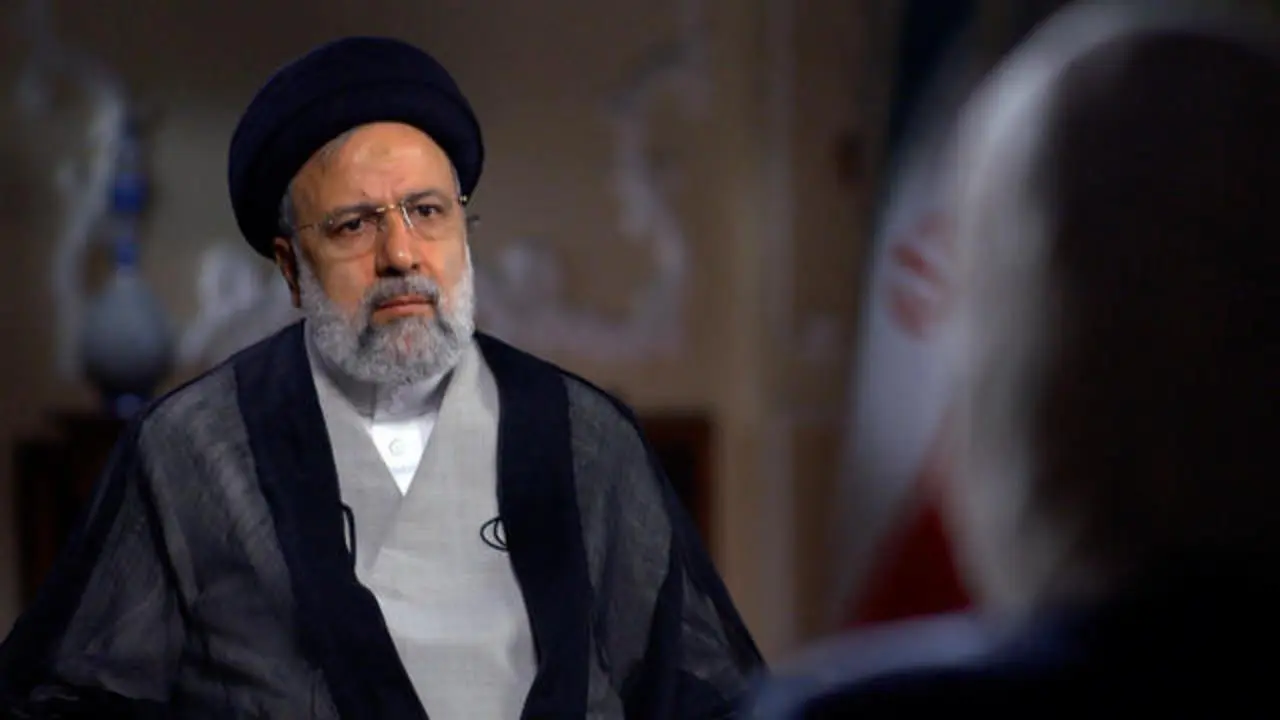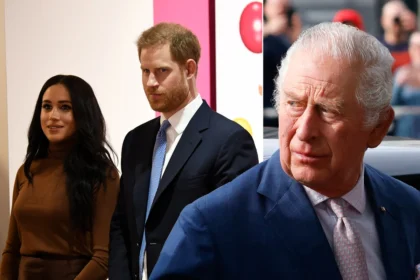A helicopter transporting Iranian President Ebrahim Raisi experience a “hard landing” on Sunday, state TV reported.
State TV aired live footage of worshippers praying for Raisi’s safety at shrines in the Shia holy cities of Mashhad and Qom, underscoring the gravity of the situation.
The incident occurred while Raisi was en route to Iran’s East Azerbaijan province. State TV reported that rescue teams were dispatched to the site of the accident.
The helicopter “had an accident in the general area of Varzeghan” in East Azerbaijan province, state news agency IRNA said.
In addition to Raisi, the helicopter was carrying several other officials, including Foreign Minister Hossein Amir-Abdollahian, according to IRNA.
State TV reported that rescue efforts were hampered by difficult weather conditions and heavy fog, adding that the precise location of the crash site remained unidentified.
Raisi visited the province on Sunday to inaugurate a dam project alongside his Azeri counterpart, Ilham Aliyev, on the border between the two countries.
His convoy consisted of three helicopters, with state media reporting that the other two had “safely reached their destination.”
Iran’s Interior Minister Ahmad Vahidi confirmed to state TV that one of the helicopters in the convoy carrying Raisi had a “hard landing due to weather conditions.”
When asked about contact with Raisi or his companions, Vahidi said: “Communication is difficult, and we are waiting for rescue teams to reach the scene of the incident and provide more information.”
The lives of Raisi and Amir-Abdollahian are “at risk,” the Reuters news agency cited an Iranian official as saying.
“We are still hopeful but the information coming from the crash site is very concerning,” the agency quoted the official as saying.
Raisi, 63, served as the head of Iran’s judiciary before becoming president in 2021. A close and loyal ally of Iran’s Supreme Leader Ali Khamenei, he is often discussed as a potential successor to Khamenei.
According to Iran’s constitution, in the event of the president’s death, “the First Vice President assumes his powers and responsibilities with the approval of the supreme leader, and a council consisting of the Speaker of the Parliament, the Head of the Judiciary, and the First Vice President is obligated to arrange for a new president to be elected within a maximum period of 50 days.”
In Iran, it is the supreme leader rather than the president who has the final say on all state matters, including foreign policy and the nuclear program. Therefore, if something were to happen to Raisi, significant changes in the Islamic Republic’s overall policies are unlikely.




